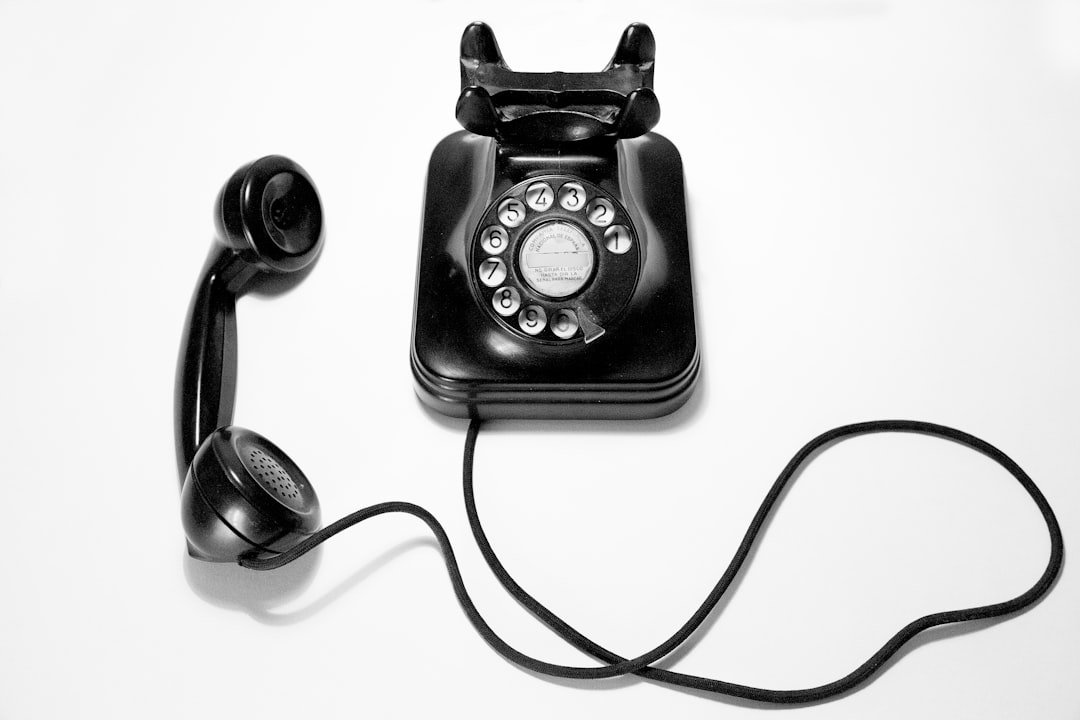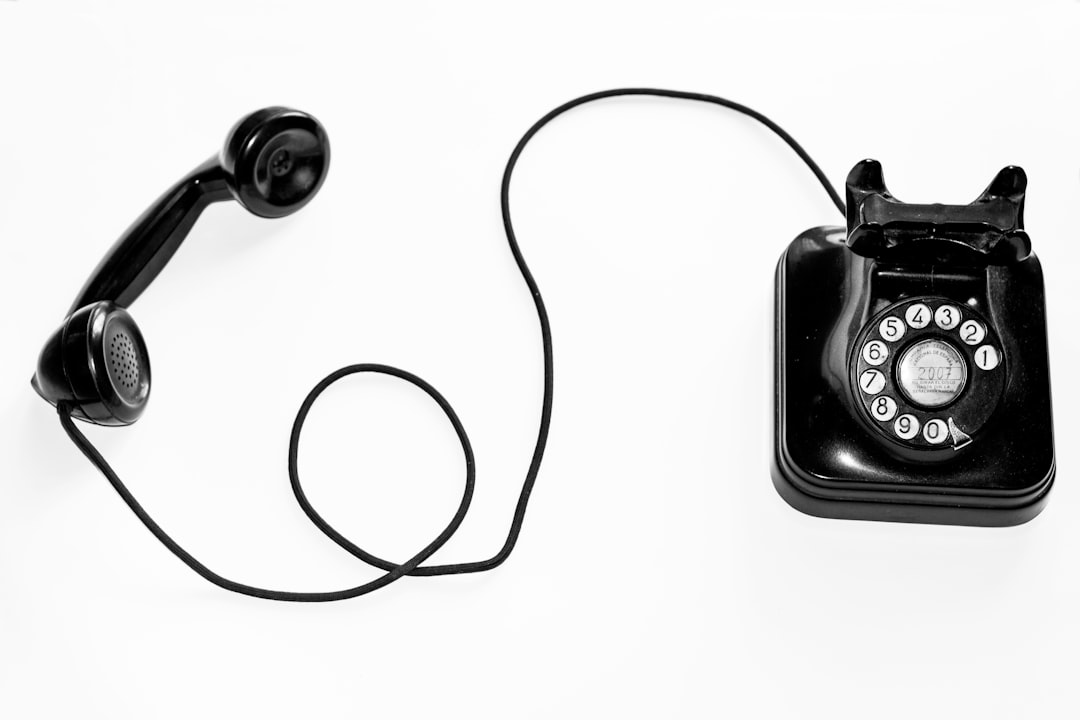Robocalls are a prevalent yet controversial issue in Massachusetts healthcare, raising concerns over privacy, patient safety, and system efficiency. While some automated calls provide beneficial services, others are unwanted marketing or fraudulent activities. Massachusetts residents have legal rights to control communications and may take action against excessive robocalls under the Telephone Consumer Protection Act (TCPA). Understanding these protections is crucial for those considering suing for robocalls in the state, with potential remedies including monetary compensation for violations.
The proliferation of robocalls has become a pervasive issue within the Massachusetts healthcare system, posing significant challenges to providers and patients alike. This article explores the impact of automated phone calls on the state’s healthcare landscape, delving into their prevalence, legal implications, and targeted types. We examine the legitimacy of robocalls in specific scenarios through case studies, offering insights into strategies for mitigation. Furthermore, we discuss potential legal recourse, including the question: Can you sue for robocalls in Massachusetts?
Understanding Robocalls and Their Prevalence in Massachusetts Healthcare

Robocalls, automated phone calls that deliver pre-recorded messages, have become increasingly prevalent in various sectors, including healthcare. In Massachusetts, as in many other states, patients and healthcare providers alike face a surge in unwanted robocalls, raising concerns about privacy, patient safety, and the overall efficiency of the healthcare system. These automated calls often serve marketing purposes, with companies promoting their services or products to potential customers. However, their frequency and lack of personalized interaction can lead to frustration among recipients, especially when they involve sensitive health-related matters.
The proliferation of robocalls in Massachusetts healthcare has sparked discussions about consumer protection and legal avenues for relief. The question of “Can I Sue For Robocalls Massachusetts?” is not uncommon, as patients seek ways to stop these persistent calls. With the ever-evolving regulatory landscape, understanding one’s rights and options becomes crucial. Massachussetts residents have the right to privacy and control over their communication channels, leading to potential legal remedies against companies that violate these rights through excessive or unsolicited robocalls.
The Legal Framework for Robocall Complaints in Massachusetts

In Massachusetts, the legal framework surrounding robocalls is designed to protect residents from unwanted and fraudulent calls, especially in the healthcare sector. The state’s laws offer a robust mechanism for consumers to address issues related to automated phone marketing. If you’ve received robocalls promoting healthcare services or products, you may have rights under the Telephone Consumer Protection Act (TCPA). This federal law prohibits automated calls made without prior consent and provides a legal avenue for affected individuals to take action.
Massachusetts further reinforces these protections with its own regulations. Residents who feel they’ve been wrongfully targeted by robocalls can file complaints with the Massachusetts Attorney General’s Office. The state allows individuals to seek damages, including monetary compensation for each violation, if they can prove that their privacy was invaded or that they suffered harm due to unauthorized robocalls. Understanding these legal options is crucial for anyone considering whether they can sue for robocalls in Massachusetts.
Common Types of Robocalls Targeting Healthcare Providers

Healthcare providers in Massachusetts, like elsewhere, often face a deluge of automated phone calls, or robocalls, which can be particularly intrusive and disruptive. These calls typically fall into a few categories targeting specific needs within the healthcare sector. One common type is marketing-oriented robocalls, where companies use automated systems to promote their services, such as medical equipment suppliers or insurance plans. Another prevalent category includes patient reminders and notifications about appointments, hospital stays, or vaccine schedules. While these calls are generally for informational purposes, they can still be considered a nuisance.
Furthermore, fraudsters also exploit the ease of robocalls to target healthcare providers. These malicious calls often attempt to scam facilities by impersonating insurance companies, government agencies, or even fellow healthcare professionals. They may demand immediate payment, threaten legal action, or offer false incentives in an attempt to gain sensitive information. Such fraudulent activities not only cause financial losses but also erode trust in the system. For Massachusetts residents considering legal action against persistent or harassing robocalls, exploring options under state and federal regulations, including those related to telephone consumer protection, could be a viable step.
When Is a Robocall Consideration Legitimate? Case Studies

In Massachusetts, as in many parts of the country, robocalls have become an increasingly common nuisance. However, not all automated calls are created equal; some can be legitimate and even beneficial to consumers, particularly within the healthcare sector. A robocall is considered legitimate when it provides important health-related information or reminds patients about appointments, medications, or follow-up care – services that can significantly improve patient outcomes and reduce medical errors.
Case studies have shown that automated phone systems can effectively reach out to patients, especially those who might otherwise face barriers to accessing healthcare due to language, mobility, or technology issues. For instance, a study by the Massachusetts Department of Public Health found that robocalls successfully increased vaccination rates among hard-to-reach populations by reminding them and providing clear instructions on where and when to get vaccinated. When it comes to legal action regarding robocalls in Massachusetts, Can I Sue for Robocalls Massachusetts is a common query. While state laws may offer some protections against excessive or misleading robocalls, the legitimacy of a call often determines whether any legal action is warranted.
Strategies to Mitigate Robocalls and Potential Legal Recourse

Robocalls have become a significant nuisance, especially in the healthcare sector, overwhelming patients and medical professionals alike. To mitigate their impact, several strategies can be employed. First, implementing robust do-not-call lists and ensuring compliance with telecommunications regulations is crucial. Healthcare providers can also utilize call blocking technologies and advanced filtering systems to identify and block automated calls effectively. Additionally, educating patients on how to manage and report robocalls can empower them to take control.
Regarding legal recourse, Massachusetts residents may have options if they feel their rights have been violated. The Telephone Consumer Protection Act (TCPA) provides a framework for individuals to hold businesses accountable for excessive or unwanted robocalls. If a person believes they’ve received unlawful robocalls, they can file a complaint with the Federal Communications Commission (FCC) and potentially seek damages through legal action.






